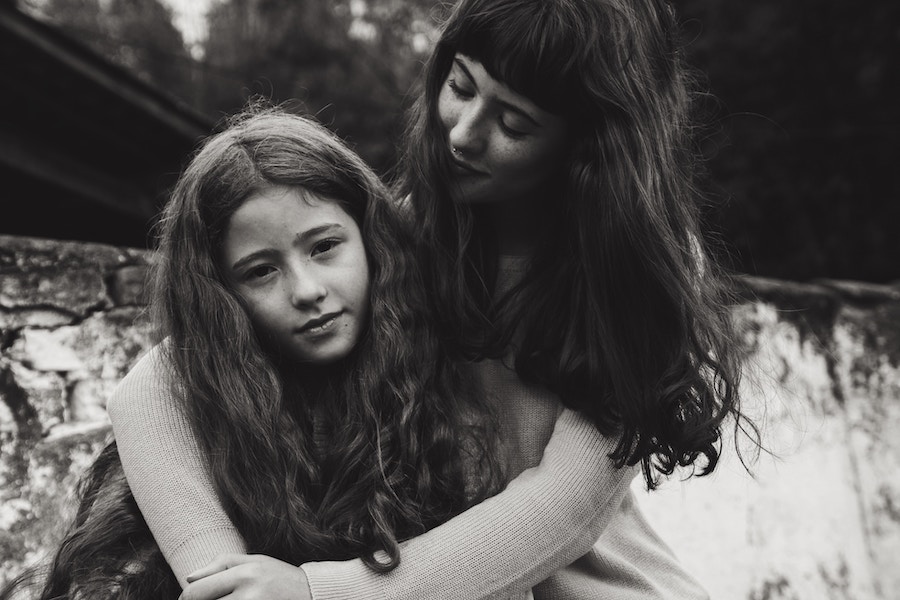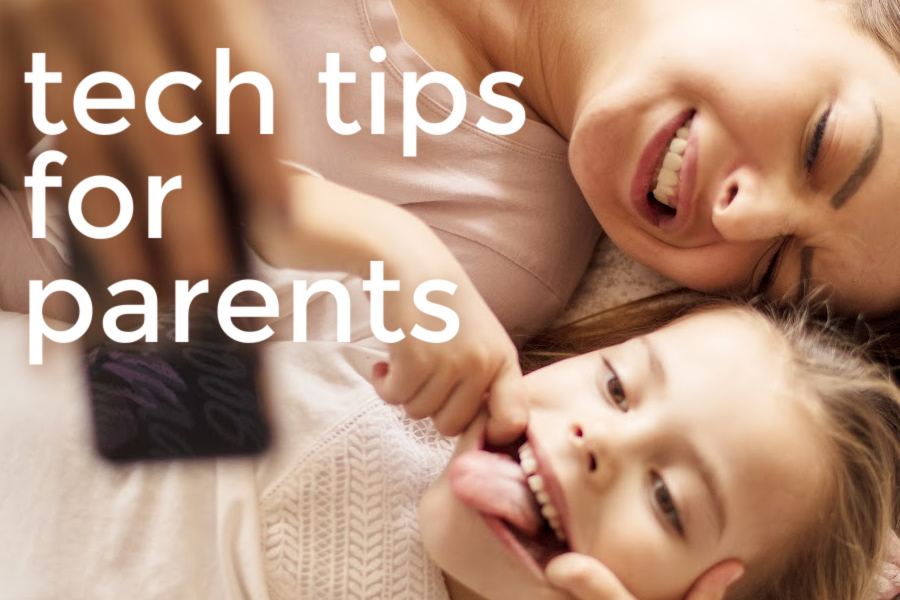I’ve entered the parenting stage that involves a lot more talking about the important issues in my kids’ lives — and in the world around them. Which is why we’re sharing these tips for hard talks to have with your kids.
There’s something really special about this phase of parenting older kids. But it also means we’ve all had many incredibly difficult conversations our my own children since ending the diapers-and-bottles phase.
From systemic racism to mental health, the fear of school shootings to gender and sexuality to the importance of financial literacy, here are some tips and sources worth bookmarking for all those conversations that will eventually need to happen.
But our biggest tip, which we go back to over and over again, is that this is never just one talk.
This post has been updated for 2023
We all need to be having safe, ongoing dialog with our kids, and keep the communication channels open so that our kids will always feel comfortable coming back to you when they need you, about anything at all.
Photo at top: Ana Francisconi on Unsplash
Related: How to talk about safety with kids: Why we talk about tricky people and not stranger danger.
Tips for 10 hard talks every parent needs to have with kids
1. Mental Health
2. Bullying
3. Prejudice, Racism and Bigotry
4. Black Youth and Police Brutality
5. Natural Disasters
6. Money and Financial Literacy
7. Social Media and Good Digital Citizenship
8. Sex, Gender, Identity and Sexuality
9. School Shootings, Gun Violence and Terror
10. Politics and Activism
The ability to sit with your children, open up your hearts to them, and in return, hear what’s really on their minds is a privilege, and one we don’t take lightly. We hope these tips from our team of BTDT parents and related resources will help you with those many hard talks parents will have with our kids.
1. Mental Health
When 13 Reasons Why became big with teens, Liz put together an amazing list of the best resources to help us talk with our kids about depression and suicidal thoughts. If you feel this is something your child, or one of their friends, is struggling with, I cannot stress how important it is to reach out and talk to them. Let them know you’re someone who is always available, any time of day or night, without judgement. (Or let them know it’s okay to talk to another parent, grandparent, teacher or trusted adult too.)
It’s important to have these conversations pretty early on. However if they are personally struggling, we highly recommend downloading the notOK app to their device with them. It just might be the lifeline they need.
Related: Dr. Madeline Levine’s tips for raising resilient kids in a world gone sideways
2. Bullying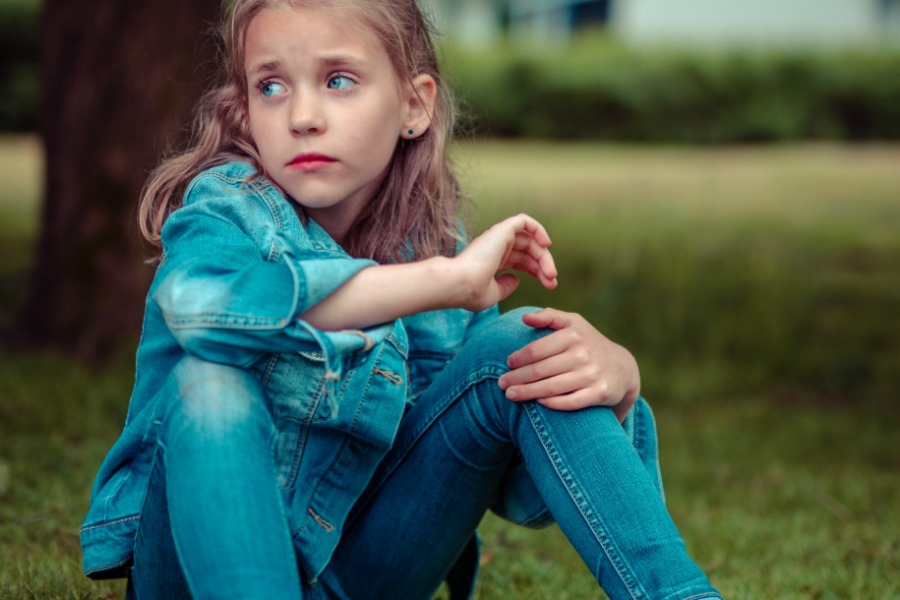
I’m convinced that no matter where your kids go to school, from your neighborhood elementary school to a fancy private school — and even homeschool — there’s no way to completely insulate your kids from bullying. But keeping an honest dialogue going with your kids about what’s happening in their social circles can prevent an encounter with bullying from becoming a spiral into depression or other issues.
We have some fantastic resources for talking with your kids about bullying, both IRL and online, as well as how to prevent and deal with bullying you’re seeing — even if your own child is the bully.
If you need more backup, we’ve shared 8 amazing online bullying resources, though we hope you never need to use them. And since we have so many daughters among us here at Cool Mom Picks, we’ve also shared info about the mean girl phenomenon and how to build resilience and strength in girls.
Related: Under Pressure by Lisa Damour: An essential book for raising girls…and boys today
3. Prejudice, Racism and Bigotry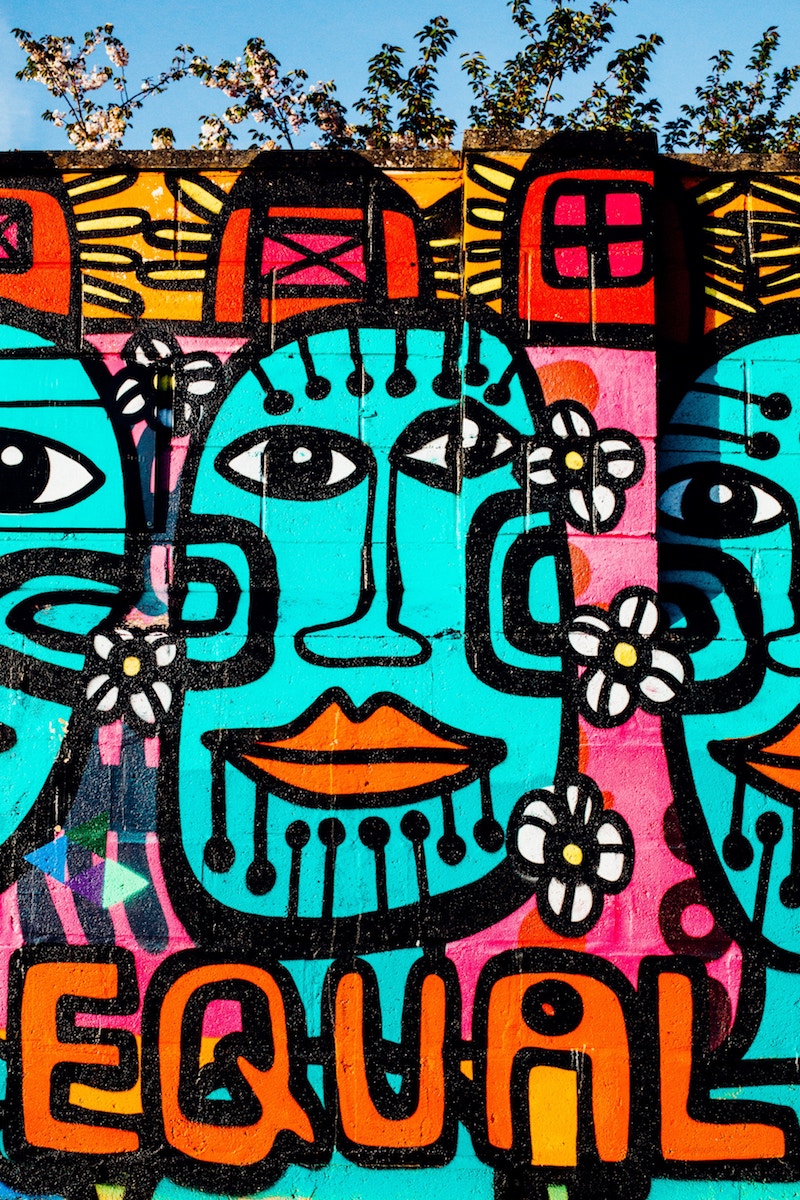
Photo: Oliver Cole on Unsplash
We believe kids are never too young to start learning about inclusivity and acceptance — as we say over and over, kids understand love easily. It’s hate that’s taught.
Start by building a home library of books, movies, and music that celebrates a diverse range of characters and experiences. Then, once your kids are old enough to start understanding the concepts of fairness and compassion, read through this collection of books for younger children that help with talking about prejudice. It’s a great introduction for children to start to understand and embrace those who are different from us — a social skill our kids benefit from as young as possible.
I’ve also written this essay (controversial though it was in my hometown) about the Confederate flag, statues and other symbols of hate from the perspective of a lifelong Tennessee white woman.
As a white mom, I know it’s especially important for me to talk to my kids about racial injustice and why there’s no such thing as “colorblind.” (Children of color already grow up knowing this from lived experience.) So my thirteen-year-old and I are reading and talking through To Kill a Mockingbird together, and the discussions we’ve had are so enlightening and encouraging. Watching movies like Black Panther or watching Childish Gambino’s “This is America” music video together have even kept this conversation going as a regular theme in my home.
If you want more tips, read what Liz has to say about teaching our kids about equality and racism, especially if it’s not something they see immediately around them.
But remember, bigotry and discrimination is about more than race. So we’ve also shared lots of beautifully curated lists to help parents start these hard talks with kids:
– children’s books about different religions
– children’s books about Hispanic heritage
– YA books about race and books about Black history
– books about women’s struggles
– children’s books about Asian and Pacific Island heritage
– children’s books about LGBTQ families
– children’s books about other countries and cultures
– children’s books about the Jewish history and the Holocaust
– children’s books about children with special needs
We’ve also written about why inclusiveness in kids’ toys, inclusiveness in TV shows, and inclusiveness in books are things we need more of, to help create a more diverse and inclusive society in general.
Related: Donzaleigh Abernathy on “Uncle Martin” and growing up in the heart of the civil rights movement
4. Black Youth and Police Brutality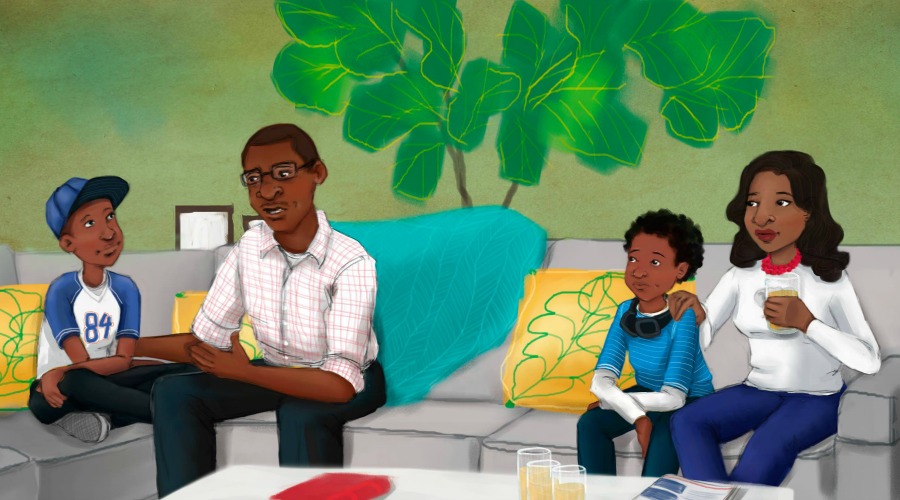
While there are a lot of issues around racial prejudice, we think that his topic in particular deserves its own category.
Case in point: there’s a children’s book entirely about police violence toward People of Color, called Momma, Did You Hear the News? by Sanya Whittaker Gragg. It’s absolutely tragic that we need this in this country, but we do.
Especially with books like this shamefully being banned in certain school districts.
If you’re raising Black or brown boys and girls right now, Gragg’s book can help you navigate this scary, sensitive subject in a way that clearly outlines the problem without making them lose sleep in the process. (Even if you are.) However, it’s an important book for all children, because I bet most white kids don’t even know about “The Talk.”
If you have kids who are old enough to drive, this USA Today article about 6 things Black men tell their sons about traffic stops based on dad J. Drew Lanham’s suggestions, is bluntly helpful. And as the parent of a white child with plenty of Black friends who will be driving him around soon, we’re also talking with him about these steps.
If you’re not a person of color, but you want to raise kids who are thoughtful and aware of what’s going on in the world around you, you can read some of the excellent essays on the #BlackLivesMatter movement Liz rounded up during the horrible week that both Philando Castile and Alton Sterling were murdered.
Or, if music is an avenue that helps your kids understand, then watch and discuss the This Is America music video by Childish Gambino with them, and use the discussion points in this post to help your kids see what white people been missing for too long.
I’m also a huge advocate of reading books written from the first-hand perspective of those people we want to understand better, and this list of YA novels for tweens and teens — including Angie Thomas’s powerful and popular The Hate U Give in which the main character’s life takes a turn after witnessing a friend shot in a traffic stop — is a great starting point for discussions.
5. Natural Disasters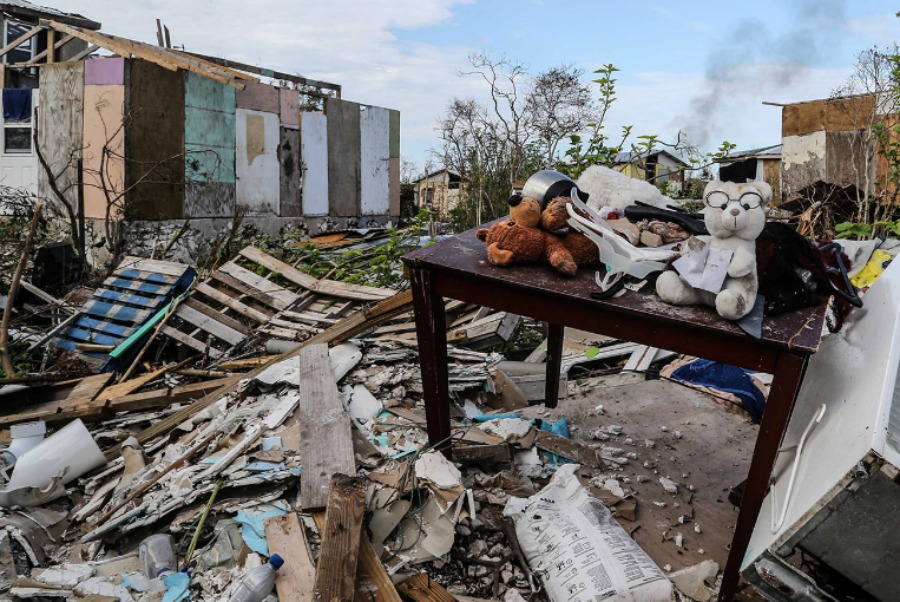 Photo: UNICEF Disaster Relief
Photo: UNICEF Disaster Relief
From wildfires to hurricanes to this year’s horrific earthquake in Türkiye and Syria, to our own devastating floods here in Nashville when my son was a newborn, natural disasters are in the news with increasing frequency these days. And they can be terrifying, especially to young children; they’re completely out of our control, they’re loud and noisy, and they can take away all the thingns we find comforting. So yeah, they’re scary for kids to understand and difficult to process.
But we have put together some really smart, practical tips about how to talk to your kids about tragedies and natural disasters in a way that’s reassuring and fact-based. I especially appreciate the tips for preparing your kids for a potential disaster, so that if one (heaven forbid) does happen, they’ll feel prepared and know what to do.
6. Money and Financial Literacy
Our kids are learning their fractions and algebraic theorems, but one thing they don’t get much of in school is practical, day-to-day financial advice.
We’d start the conversation with these 6 basics kids should know to be financially smart. But before you make any promises to your kids about allowance or Venmo accounts, listen to Liz and Kristen’s terrific podcast conversation with financial expert and NY Times bestselling author Beth Kobliner about how to make your kid a money genius. (Even if you aren’t one yourself.)
It will give you a great starting point to help your kids establish good financial habits, and think about the concepts of saving, spending, and giving, as soon as they’re old enough to enjoy counting how much money they have in their piggy banks.
7. Social Media and Good Digital Citizenship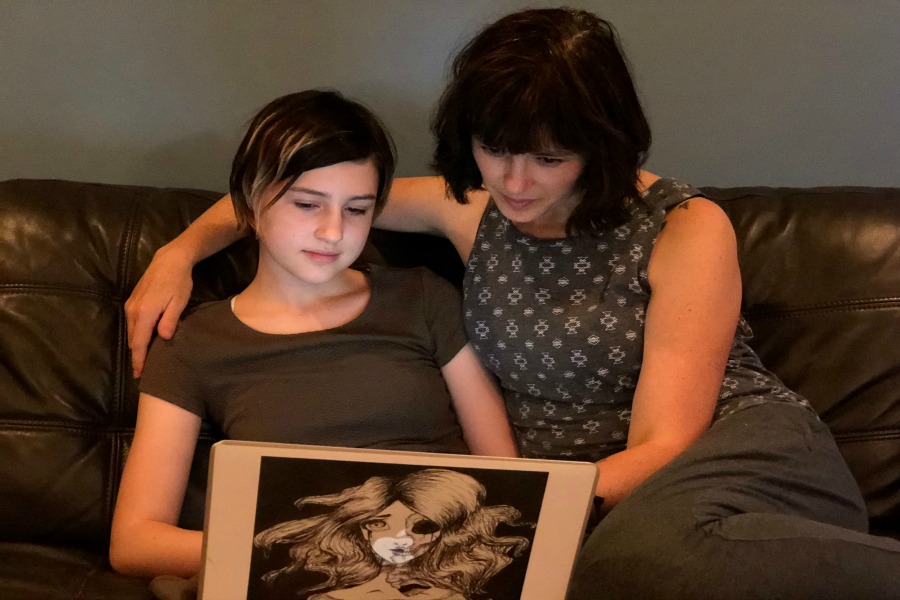
If you’re a Cool Mom Tech reader, you know that we’ve long described The Tech Talk as the new Sex Talk, and that every parent needs to be having it early and often! In our Ultimate Guide to Digital Parenting, you’ll find topics ranging from screen time management to keeping kids safe on social media — and we’ve been so thrilled with our readers’ response to it.
On Cool Mom Tech, you’ll also find articles like the only 4 things you need to teach your kids to be a good digital citizen, and how it actually applies to ethics and values in their offline lives too; why kids’ digital footprints matters now; and how we might have gotten screen time and social media with our kids wrong this whole time.
But here’s the thing: we can recommend tons of parental controls for iPhones, their gaming systems, and even your all your devices at home (and we do recommend them), we know that the very best way to keep kids safe and smart online is to talk with them. All the time. Every day. And yes, that means more research and reading for you, so we all can try to keep up with the ever-changing world of technology.
Also take a listen to these terrific Spawned Podcast interviews with Kristen and Liz that offer so much helpful advice from experts.
Episode 214: What we get wrong about kids and tech: The interview with Jordan Shapiro that blew our minds
Episode 175: How to be a tech-positive parent (and why you want to be one)
Episode 126: How much screen time is too much? Tech health expert Dr. Mike Brooks
Episode 279: How our relationship with our mobile phones has changed (and changed us): Emmy-winning journalist Shawna Ryan
Episode 170: Why we should stop freaking out about kids and social media and start raising responsible digital kids
8. Sex, Gender, Idenitity and Sexuality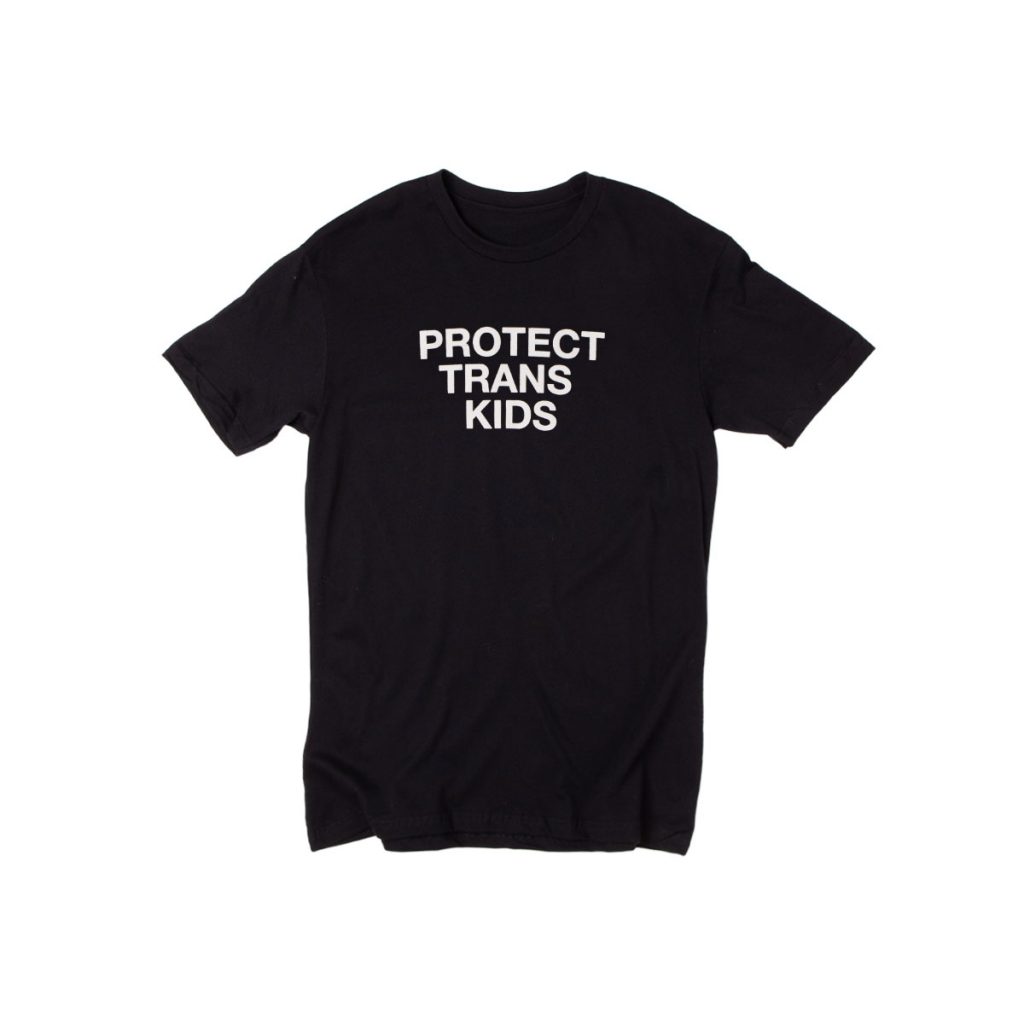
T-shirt via the Phluid Project
For some reason, so many parents feel the need to tiptoe around the topic of sex and gender with their kids — maybe because many of us are struggling to understand the changing landscape. The thing is, if your kids are old enough to be asking about it, they’re old enough to ask good questions, and to get straight answers.
One of the best pieces of advice I received about talking to very young kids about sex (or any tough topic for that matter) is to let their questions guide you. If they keep asking questions, then keep answering.
About bodies
In the meantime, keep in mind these 6 reasons why it’s important to talk honestly with our kids about their bodies from an early age. If you want a good book to help, from a biological perspective, then My Amazing Body is a great one for preschoolers. We’ve shared 3 great books just about puberty for parents of girls, and even a a comic book about menstruation…written for boys. Because they need to know about it, too.
About gender and identity
There are endless wonderful resources today about gender and sexuality. For starters, listen to this interview with Kristin Russo on how to be a compassionate parent of LGBTQ kids — even if your kids don’t identify as queer. Read up on 5 simple ways to be a good LGBTQ ally. Barefoot Mommy has a helpful, comprehensive post on teaching gender diversity to kids, to hep them discover the difference between sex and gender; and Welcoming Schools offers a terrific glossary about LGBTQ terms for kids — which some parents could probably use.
Also be sure your own diverse library at home includes books with LGBTQ+ main characters. (In other words, they’re not just the “best friend” or the sassy sidekick.)
About sexuality
Of course, as our kids get older it gets more nuanced as they begin to grapple with their own feelings about sex and sexuality, and there are so many topics worth discussing, including (but in no way limited to) consent, abuse, periods, puberty, sex positivity, sexual harassment and the #metoo movement, body positivity…the list really goes on.
Our best advice for these talks, as with all tough topics, is to listen before you speak, and try to identify which are the tender, sensitive subjects in your own kid. Be a safe landing space for them to be honest about their questions and struggles. And remember that “the sex talk” isn’t one talk; it’s an ongoing conversation, like all the others here.
Related: How we can protect transgender kids in Texas and throughout the U.S.
9. School Shootings, Gun Violence and Terror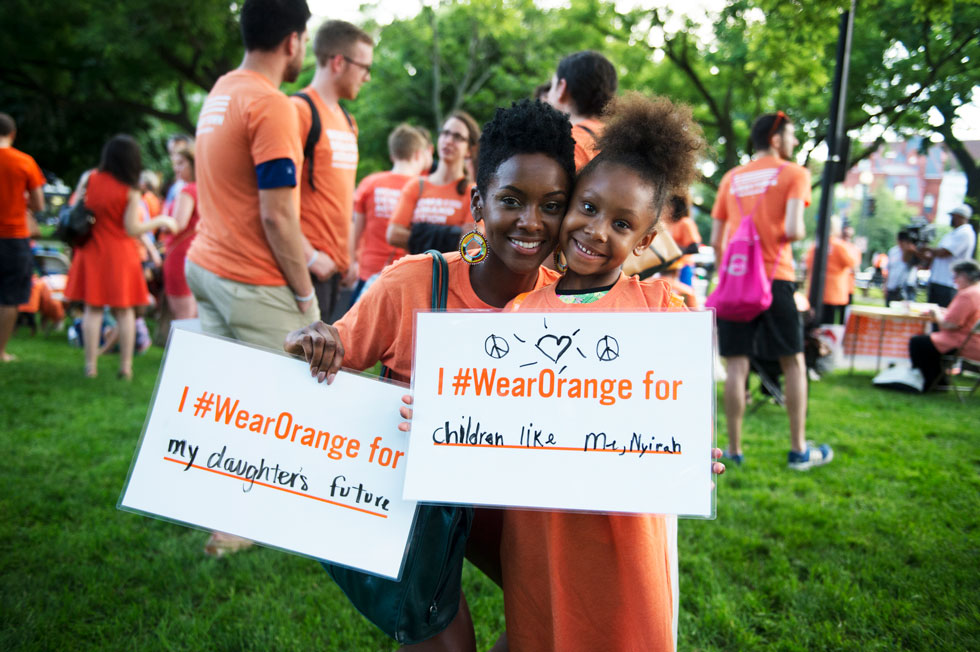
Photo :The Wear Orange campaign
One of the biggest fears parents these days face is, understandably, school shootings. So we have put together lots of expert tips specifically for talking to our kids about school shootings and bombings that they may be seeing in the news, or hearing about from friends. Even my four-year-old practices intruder drills at her school, thought it’s not something she can yet understand or process.
It is essential that every household in American talk about gun violence, regardless of our kids’ ages. It’s not going away.
We’ve been horrified and heartbroken again and again, from Sandy Hook to Parkland to Uvalde, Texas, to the atrociously high number of mass shootings this year so far, including yesterday’s tragedy in Nashville’s Covenant School. (Editor’s note: This one hit home literally for our author Kate, who sadly knew two of the adult victims. Our hearts go out to their families and the entire community.)
It’s not just schools; there are hundreds of firearm incidents, bombs, and threats each year in churches, temples, mosques, and sadly…anywhere. It’s no wonder kids don’t feel safe; neither do we, a lot of the time.
For more help, check out these great organizations doing impactful work to help curb unnecessary gun violence that you may want to get involved with, maybe even with your kids. Because we’re all for turning our rage and fear into activism for a better world.
Additionally, be sure to read these smart tips to teach your kids about what to do if they ever get separated from you in a crowd, especially during the unlikely event of an active shooter situation. Because preparedness is calming for many kids.
Ultimately, our kids struggle to comprehend the hatred responsible for senseless violence, but we can help our kids simply by loving them. Hug them, snuggle them on the couch, listen to their concerns, and be sure to remind them that there are always helpers to look for, and that your own number one job in life as a parent is to help keep them safe.
10. Politics and Activism
Without a doubt, the political climate has become (ahem) heated over the past few years, especially since the insurrection on the US Capitol on January 6, 2021, and even our kids are feeling the tension as a result. I found Liz & Kristen’s Spawned podcast episode from 2016 really helpful, in which they talked through how to talk to kids about politics during a bitter election season. Since there will always ben another election season around the corner, this is a good conversation to revisit.
We’ve heard the argument before that “kids shouldn’t be learning about politics” (sometimes the term “indoctrination” is used, sigh) but politics, now more than ever, is an extension of your values. If you talk to your kids about your religion, or even your football allegiances, you can certainly talk about your values, why politics is important to you, and why you vote the way you do or get involved with the causes that matter to you.
Trust us, our kids’ generation are growing up to be quite the activists themselves. (Liz’s interview with Gen Z expert and pollster John Della Volpe about the trend is fascinating.) You might be surprised to learn what even your youngest kids are concerned about — climate change, homeless animals, educating kids in other countries, preventing athletic injuries, racial justice, gun violence, literacy, STEM education, mental illness…you name it. Kids are born to want to do good!
Check out these books about raising activist kids to help get kids thinking a bout what they can do to make the world a better place. Or if they’re ready to get to work, check out these 10 ways kids can get put their passion to good use.
We’ve all found that there’s nothing more satisfying than knowing that simply talking with our kids — and learning about and showing support for their passions and interests — can shape the paths their lives ultimately take in some trulymeaningful ways.
